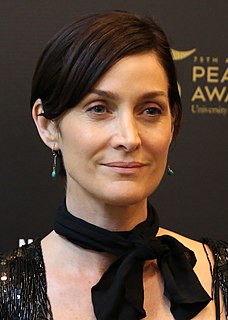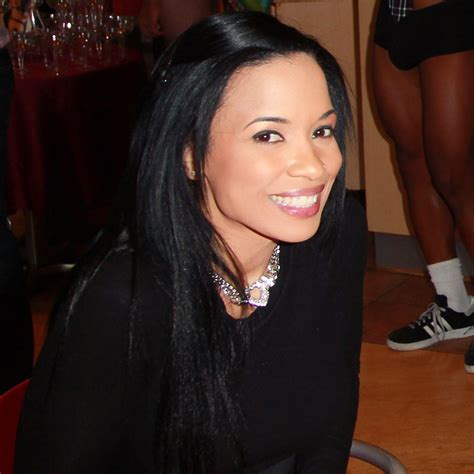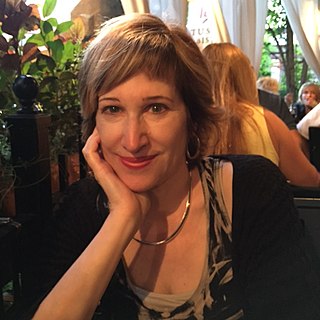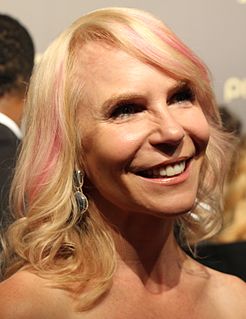A Quote by Wyatt Cenac
Women deal with real issues with policing that don't really get talked about.
Related Quotes
On the question of women's sexual freedom or female independence, there are still issues that haven't been worked out. There's an aura of traditional gender roles that is not talked about that really permeates these conversations. There is this vacillation between a desire for independence and having the kinds of sexual freedom that men have and, on the other side, issues about female vulnerability and susceptibility to male aggression and violence. We need more honesty about the actual conditions in which sex is happening.
We have to deal with issues like inequality, we have deal with issues of economic dislocation, we have to deal with peoples fears that their children won't do as well as they have. The more aggressively and effectively we deal with those issues, the less those fears may channel themselves into counter-productive approaches that pit people against each other.
There are very important questions around the climate issue that folks really don't get to. And that's one of the reasons why I've talked about having an honest, open, transparent debate about what do we know, what don't we know, so the American people can be informed and they can make decisions on their own with respect to these issues.
Before I ran for District Attorney, two Republicans invited my husband and me to lunch. And I knew a party-switch was exactly what they wanted. So, I told Chuck, we'll be polite, enjoy a free lunch and then say goodbye. But we talked about issues - they never used the words Republican, or Democrat, conservative or liberal. We talked about many issues, like welfare - is it a way of life, or a hand-up? Talked about the size of government - how much should it tax families and small businesses? And when we left that lunch, we got in the car and I looked over at Chuck and said, "I'll be damned, we're Republicans."

































